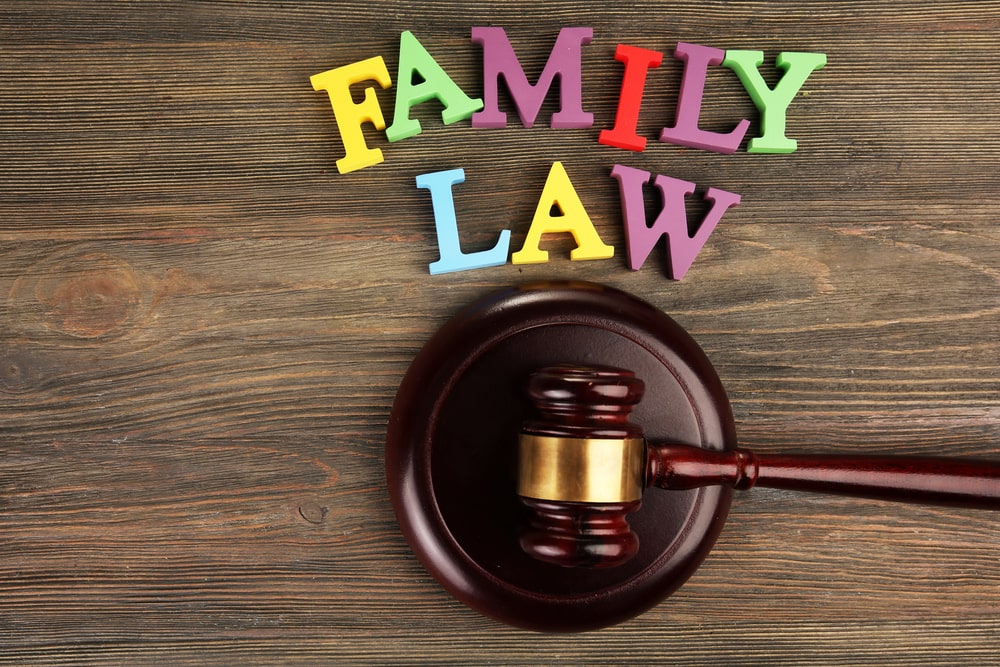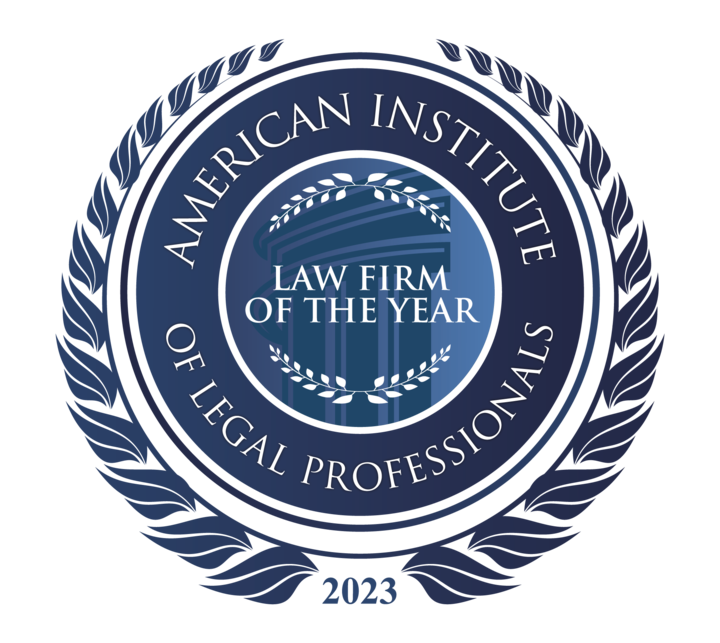The California Legislature is at it again – this time seeking to essentially prevent all foreclosure on residential properties, regardless of how many units, for up to 18 months. While Assembly Bill 2501 has not yet passed, it is close to getting over its first hurdle – the Assembly Banking Committee and is expected to easily pass next week. Then, it will be up for vote before the House and if approved, on to the Senate. As one would imagine, The California Mortgage Association, California Mortgage Bankers Association, United Trustees Association and other industry groups are aggressively opposing the bill, refusing to even discuss amendments because the Bill is “that bad”.
Here are some key points inside the proposed bill:
1. Regardless of the reason or nature of the default (i.e., maturity, fraud, waste, unauthorized transfer, etc.), Servicers are prohibited from commencing or continuing a judicial or non-judicial foreclosure, recording a Notice of Default or evicting post-foreclosure for the duration of the COVID declared emergency plus 180 days (“COVID+180”).
- The restriction applies to ALL residential properties with 1-4 units (although not entirely clear at this point) unless the property is vacant or abandoned. But how will the lenders be able to prove this. They will likely not, hence why this Bill is so far reaching.
- A borrower (BR) experiencing a financial hardship during COVID+180 may request a forbearance (FB), regardless of delinquency status (i.e., even if the BR was in default well before COVID)
The BR does not have to provide any documentation supporting the hardship.
-
-
Request can be made orally or in writing.
-
Servicer must grant the FB for a period of not less than 180 days plus, if requested, another 180 days.
-
Servicer cannot mislead BR as to his or her rights.
-
BR receiving a FB, must provide any tenants with rent relief for the same duration of time.
-
Here is the where the calculation gets interesting. Over 18 month potential prohibition = First we consider the COVID Emergency which has temporarily stopped all foreclosure activity then we add another 180 days plus another 180 days for forbearance and then based upon a second forbearance adding another 180 days, this would potential implicate a total of 18 months of bringing foreclosures to a halt.
-
-
Even if BR doesn’t request a FB, the Servicer shall automatically give the BR a 180 day FB once the BR becomes 60 days delinquent, which the BR can extend for another 180 days. In other words, in the event that the BR falls 60 days behind on their mortgage payments, lenders will be required to automatically provide a 180 day FB.
Servicer must provide the BR with notice of the FB terms and right to extend.
- No fees, late charges, additional interest (including default interest) can be charged. This is very unique and if passed into law would be tremendous for BR.
- If the BR has an impound account for taxes or insurance, Servicer must timely advance the money to make those payments. Here is where the servicer becomes obligated to maintain the taxes and insurance even if the BR does not pay
- Upon the completion of the FB period, the Servicer must evaluate the BR’s ability to resume normal monthly payments.
-
If the BR can resume normal monthly payments, the Servicer “shall”:
-
Modify the loan to extend the term, such that the missed payments are due at the end of the loan at the same amounts and on the same schedule as originally required.
-
If the BR elects, modify the loan to capitalize the missed payments; or
-
If the Servicer claims that the Investor Guidelines prevent either option, notify the Commissioner of Business Oversight of this fact and, ironically, provide documentation to prove it.
-
-
If the BR cannot resume normal monthly payments, that Servicer shall:
-
Evaluate the BR for all loan mod options (LM), without regard to whether the BR previously requested, was offered or was given a LM and without requiring that the BR bring the loan current first.
All notices must be provided in the 5 language already required under CC 1632 and Servicer must communicate in the BR’s preferred language if that has been done in the past.
-
Damages to BR if Lender or Servicer Commit a Violation
-
Penalties for violating any of the new provisions, include, but are not limited to:
-
Injunctive relief;
-
Actual economic damages;
-
Attorneys’ fees and costs;
-
If the conduct is intentional, reckless or willful, the greater of treble (triple) actual damages or $50,000;
-
Violations can be deemed an Unfair Business Practice under B&P section 17200; and
-
Impact your license.
-
-
It is the “intent” of the Legislature that the Servicer offer a BR a FB and LM if such a plan is consistent with the Servicer’s contractual or other authority.
Multiple Family Loans
-
On Multifamily loans (5 or more units):
-
Upon receipt of a request for FB due to financial hardship, the Servicer shall request documentation of the financial hardship, provide a 180 FB with the option of another 180 FB. This language will likely be revised since the Servicer is already legally required to provide FB and as such it does not make sense to request documentation.
-
BR receiving a FB, must provide rent relief to tenants for the same duration.
-
After the FB expires, the BR must bring the loan current the earlier of 12 months or within 10 days of receiving any business interruption insurance proceeds.
-
This article is meant to provide a basic understanding of the framework of Bill 2501. If you have any questions, or know someone who does, please do not hesitate to contact our office.









